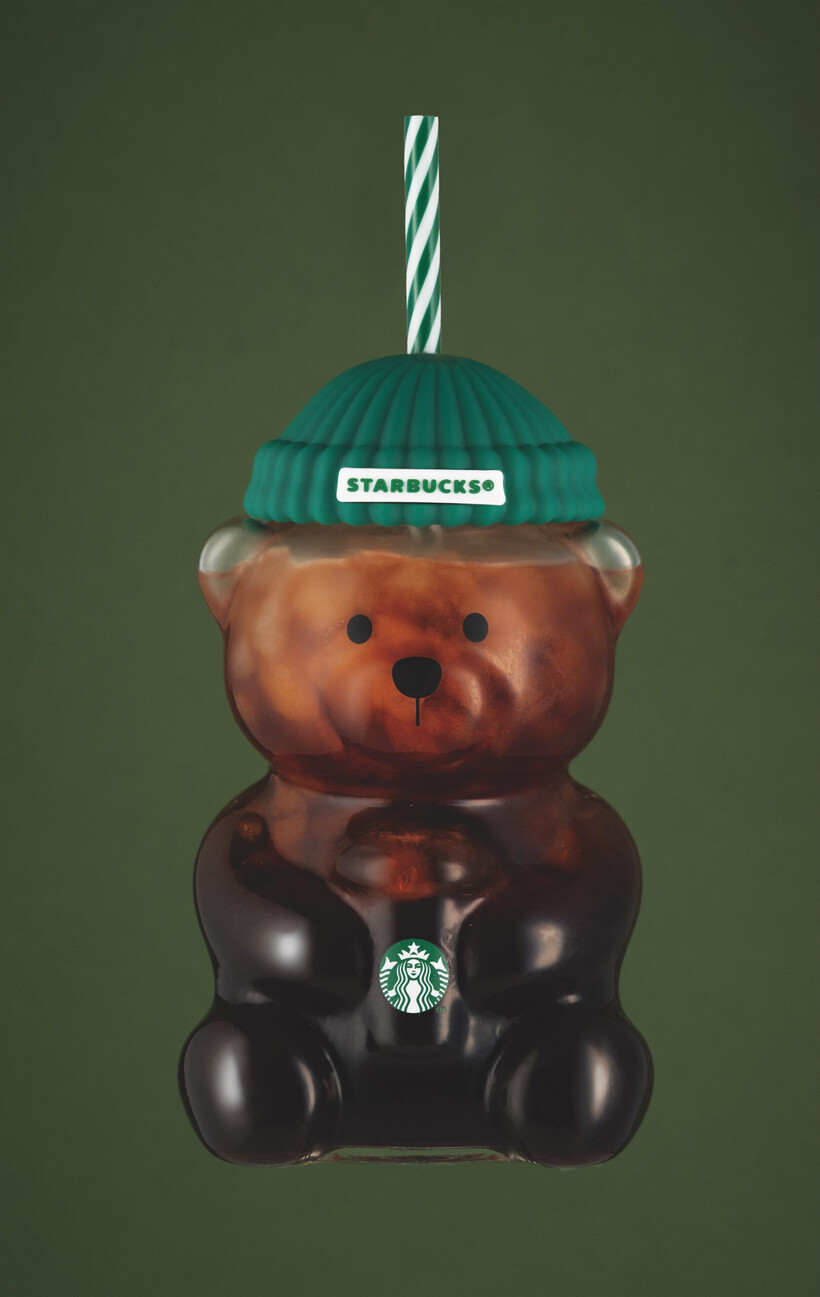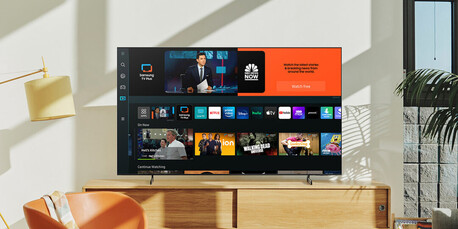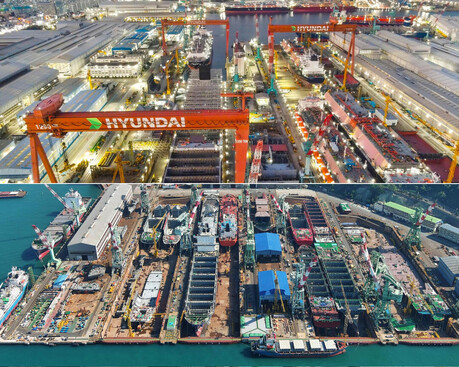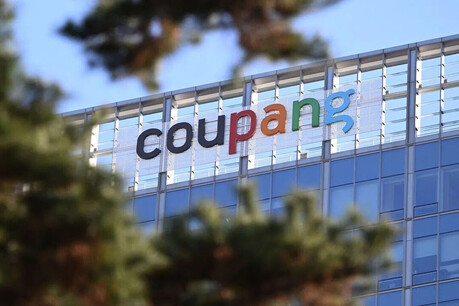
NEW YORK, NY—The launch of a limited-edition cold cup by Starbucks has unexpectedly transformed the start of the holiday season into a spectacle of consumer frenzy, physical altercations, and skyrocketing resale prices across the United States. The item at the center of the chaos: the adorable, bear-shaped 'Bearista' Cold Cup.
Released on November 6 as part of Starbucks’ annual holiday merchandise drop, the glass tumbler, which retails for $$29.95$ (approximately 44,000 Korean won), is designed to resemble the coffee giant's signature 'Bearista' mascot. It features a teddy bear shape, a festive green beanie lid, and a straw inserted through the top. The charming design immediately went viral on social media platforms, turning the cup from a seasonal novelty into a must-have collectible.
The reaction to the release was immediate and intense. Long before dawn on the day of the launch, queues of eager customers—some wrapped in blankets—formed outside Starbucks locations nationwide. Baristas reported arriving for their shifts as early as 3:45 a.m. only to find lines already stretching out the door. The scarcity of the item, coupled with the overwhelming demand, quickly led to disorder.
Reports from various locations detail the extent of the mayhem. In some instances, attempts by store staff to maintain order were met with aggression; one barista informed a news outlet that customers attempted to shove their way into the store before the official opening time. Most dramatically, a local news report highlighted a police call to a Houston, Texas, Starbucks due to a physical confrontation among customers fighting over the cup, underscoring the irrational extent of the consumer desperation.
Sydney Thomas, a 16-year-old in Los Angeles, exemplified the extraordinary effort customers undertook, telling The Wall Street Journal that she and her mother woke up at 3:00 a.m. and visited more than ten stores before successfully securing a cup. "I was willing to do whatever it took," she stated, capturing the intense 'fear of missing out' (FOMO) driving the phenomenon.
This acute lack of supply has, predictably, fueled a massive surge in the secondary market. The cup, originally priced at just under $$30$, is now commanding exorbitant prices from online resellers. Photographs shared on social media show listings for the Bearista cup soaring up to $$399.99$ (approximately 583,000 Korean won) on certain online platforms, a markup that far exceeds 1,200% of the retail cost.
The rapid sellout and the ensuing chaos prompted a public statement from Starbucks. The company acknowledged the disappointment among its customer base, stating, "The excitement for our merchandise exceeded even our biggest expectations... Despite shipping more Bearista cups to coffeehouses than almost any other merchandise item this holiday season, the Bearista cup and some other items sold out f1ast." The apology, however, did little to quell the outrage from customers who felt the company inadequately planned for the expected holiday frenzy. Starbucks concluded by promising "more exciting merchandise" would arrive later in the year-end season, though it made no specific commitment to restocking the viral cold cup.
The Bearista cup incident serves as a stark illustration of the power of limited-edition branding and the aggressive consumer culture surrounding highly sought-after, viral merchandise. It remains to be seen whether the demand—and the exorbitant resale prices—will subside as the holiday season progresses, or if this humble coffee accessory will be remembered as the unexpected item that sparked brawls and broke the internet.
[Copyright (c) Global Economic Times. All Rights Reserved.]





























